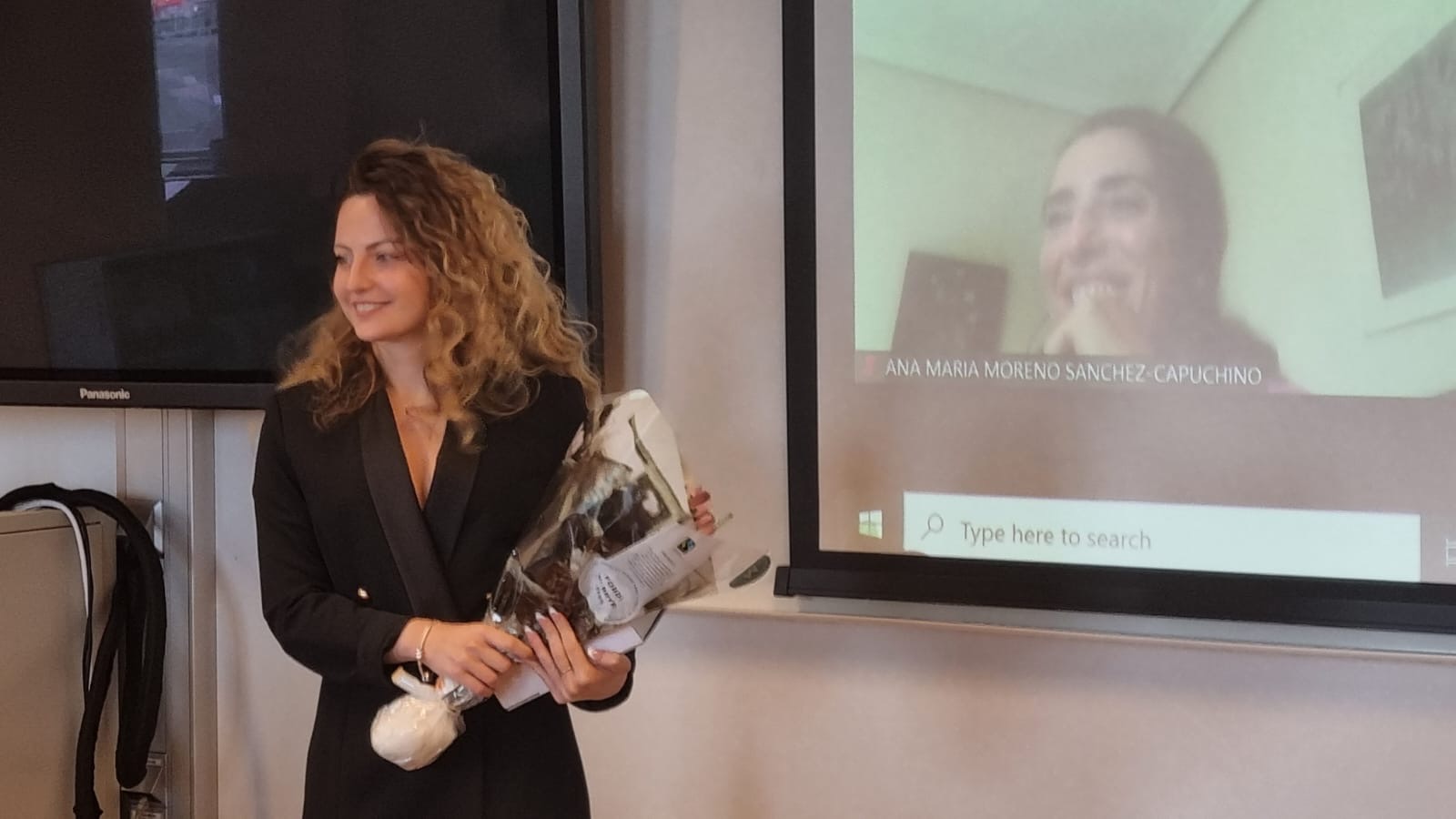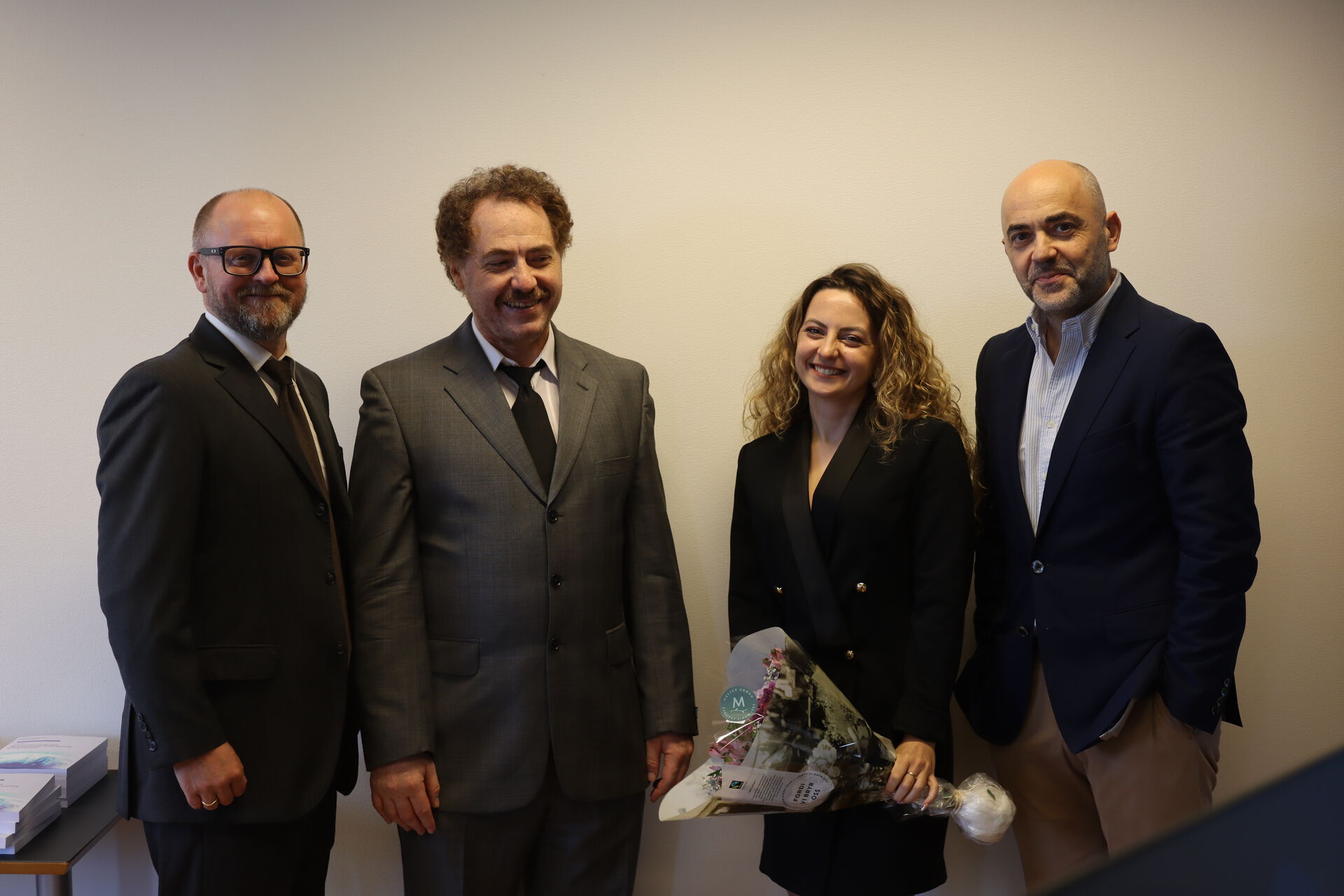Selina Demi has explored the applications of blockchain technology for trustworthy requirements traceability in her PhD studies. Through her thesis, she developed an innovative framework and prototype that was enabled by blockchain technology and can be used by software organizations to enhance software quality.
In her thesis titled “Blockchain-oriented Requirements Engineering: A Framework”, she explored the application of blockchain for decentralized and trustworthy requirements traceability in interorganizational software projects.

Photo Illustration: FinTech
Just a hyped technology?
While it is true that blockchain is a hyped technology, it is also true that its inherent properties can be leveraged in different applications and domains. Blockchain benefits have been explored in domains, such as supply chain, finance and healthcare but not in software engineering.
Recently, some interesting prototypes have been proposed to address trust and integrity issues in software engineering by means of blockchain technology. However, the blockchain-oriented software engineering field is not yet mature. This thesis aims to contribute to the existing body of knowledge on applications of blockchain to address software engineering issues, by highlighting the benefits of blockchain for trustworthy requirements traceability and proposing a framework and prototype that are both useful and usable.
The inherent properties of blockchain can be leveraged for trustworthy requirements traceability
Today’s software products are designed, developed and maintained by a variety of distributed stakeholders that are often cross-organizational. These stakeholders need to share artifacts and have a holistic view of the software development lifecycle. The traditional approach of storing artifacts in centralized repositories and guarding their access by means of access control systems is not sufficient in inter-organizational software projects, as it cannot ensure immutability, integrity, and availability of software artifacts.

This thesis challenges traditional centralized approaches by designing, implementing, and evaluating decentralized, yet trustworthy solutions for requirements traceability. The main finding of the thesis is that blockchain technology, due to its inherent properties, can function as the backbone of the software development lifecycle and store artifacts generated by various tools in a decentralized, yet reliable manner. Leveraging blockchain to create tamper-proof record of requirements, their changes, and related artifacts can be useful to all the stakeholders of the software lifecycle, including software engineers, project managers, customers.
A blockchain-enabled framework and prototype
The proposed prototype provides all stakeholders with a trustworthy view of what/when/how and by whom software artifacts were created and/or modified and ensures that stakeholders are working on the same reality. Ultimately, the increased visibility and transparency enhances communication, coordination, and trust between stakeholders.

